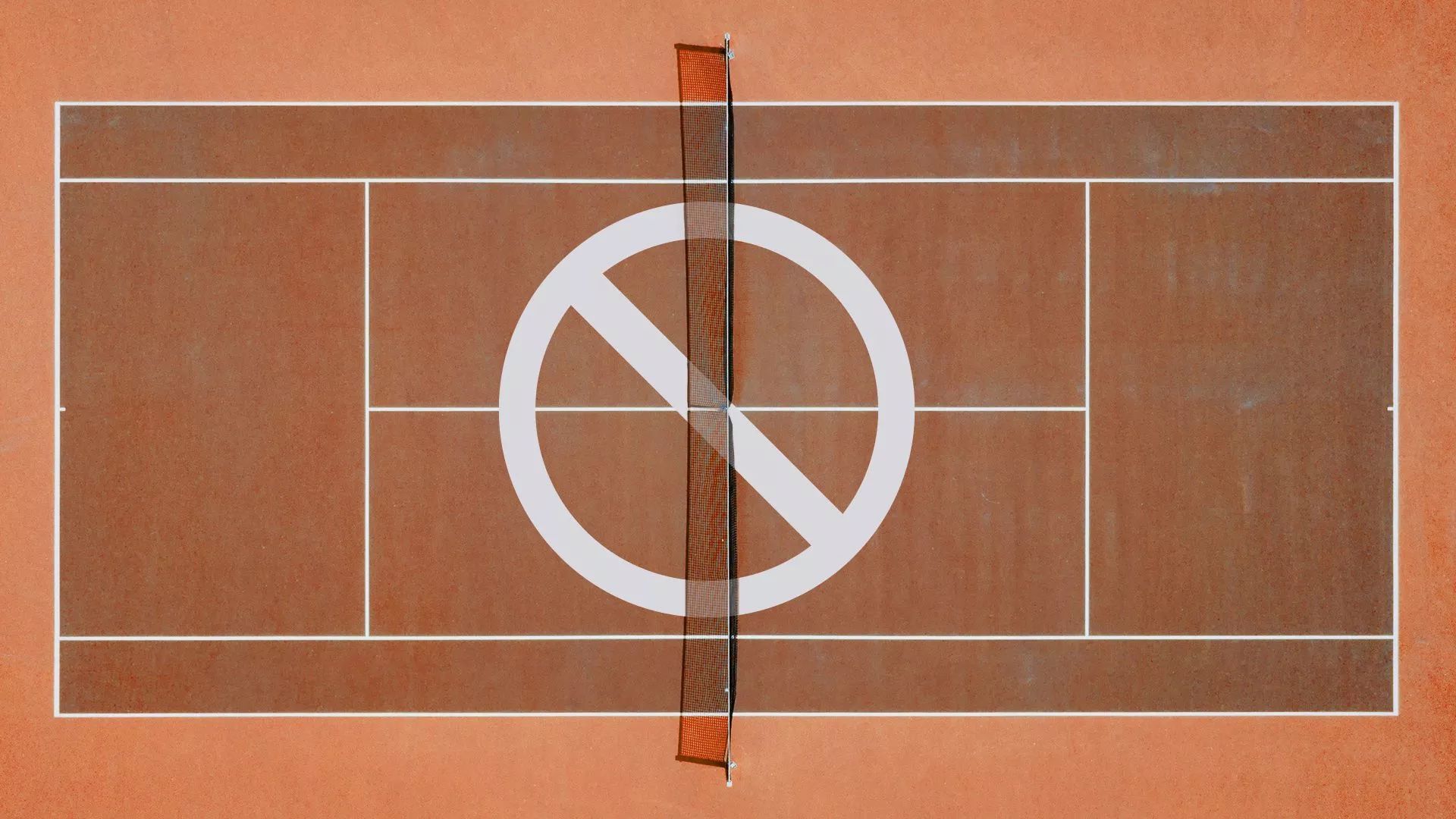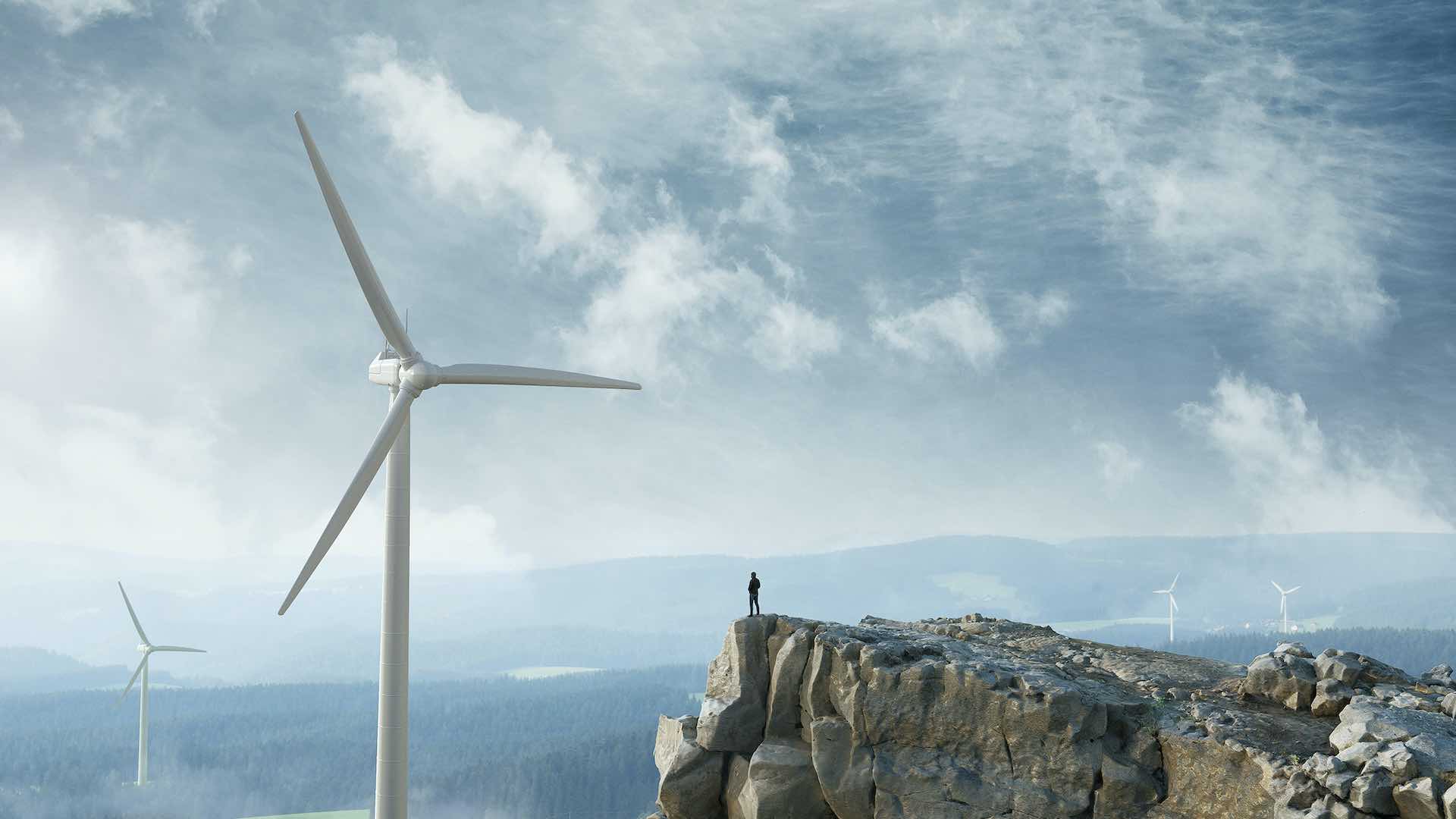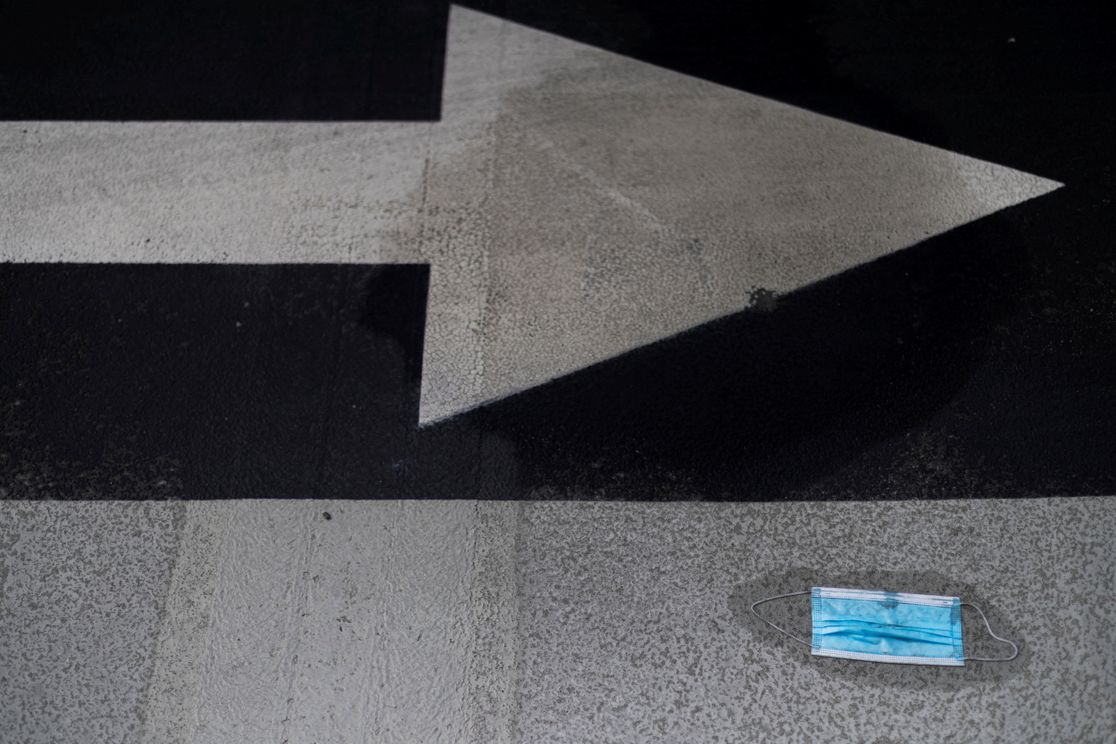| | | | | | | Presented By Bank of America | | | | Axios AM | | By Mike Allen · Apr 20, 2022 | | Happy Wednesday. Today's Smart Brevity™ count: 1,412 words ... 5½ mins. Edited by Zachary Basu. | | | | | | 1 big thing: Structural stupidity |  | | | Illustration: Nicolás Ortega for The Atlantic. Source: "Turris Babel," Coenraet Decker, 1679. Used by kind permission | | | | I hate to start your day with a downer. But an article in the May issue of The Atlantic is one of the most clear-eyed looks we've seen at how America fractured — and what'll happen if we don't find a way to fix it. - "In the 20th century, America built the most capable knowledge-producing institutions in human history," writes Jonathan Haidt, a social psychologist at the New York University Stern School of Business. "In the past decade, they got stupider en masse."
Why it matters: All day, we're barraged with tiles in the mosaic — this data point, or that hot take. Haidt's vivisection of America, 2022, is an excuse to step back and behold what future historians will see. In "After Babel," Haidt invokes the Genesis tale of the Tower of Babel: God is angered by early humans' hubris, then scrambles their languages. - Haidt sees "a metaphor for what is happening not only between red and blue, but within the left and within the right, as well as within universities, companies, professional associations, museums, and even families."
- In the past 10 years (especially 2011-15), he writes, something "went terribly wrong, very suddenly. We are disoriented, unable to speak the same language or recognize the same truth."
What happened: - The early internet looked like "a boon to democracy": "Myspace, Friendster, and Facebook made it easy to connect with friends and strangers to talk about common interests, for free, and at a scale never before imaginable."
- Instead, the "Like" button, retweet and comments "encouraged dishonesty and mob dynamics."
- Of three major forces that collectively bind together successful democracies, social media "has weakened all three ... social capital (extensive social networks with high levels of trust), strong institutions, and shared stories."
Haidt writes that this "stupefying process plays out differently on the right and the left because their activist wings subscribe to different narratives with different sacred values." - The right: "They share a narrative in which America is eternally under threat from enemies outside and subversives within; they see life as a battle between patriots and traitors."
- The left: "[L]ife at every institution is an eternal battle among identity groups over a zero-sum pie ... This new narrative is rigidly egalitarian — focused on equality of outcomes, not of rights or opportunities."
What's next: - It's going to get much worse, the article warns: "If we do not make major changes soon, then our institutions, our political system, and our society may collapse."
- Haidt's prescriptions for "redesigning democracy for the digital age" look elusive: hardening democratic institutions and reforming social media.
The bottom line: Haidt puts our hope in Gen Z, born in 1997 and before, who "bear none of the blame for the mess we are in." That generation's admirable embrace of mission and activism could be our salvation. |     | | | | | | 2. 💡 Part 2: What historians will see | | Axios CEO Jim VandeHei and I talk about these trends all the time, and lots of Axios coverage is aimed at making sense of them in a clinical way. So I asked for his thoughts on Jonathan Haidt's piece in The Atlantic: - Slowly infecting EVERY institution: Look at how this dynamic injected toxicity, then tension, then distrust into media, then the political parties and process — seeping quickly into churches, and now into business (look at the debates over Disney and Twitter). And it's now exploding through classrooms.
- THIS is the story historians will write 100 years from now: We thought the rise of Donald Trump and then COVID were the once-a-century stories our children's children will read. Turns out, both are simply gripping scenes in much a bigger saga.
|     | | | | | | 3. Kremlin whispers of catastrophic mistake | | A war-damaged apartment in Makariv, Ukraine, yesterday. Photo: John Moore/Getty Images Nearly two months into Russia's invasion of Ukraine, a "small but growing number of senior Kremlin insiders" view Vladimir Putin's decision to go to war as a "catastrophic mistake," Bloomberg reports. - Why it matters: High-level sources in government and state-run businesses increasingly believe the invasion will doom Russia to years of isolation, leaving "its economy crippled, its security compromised and its global influence gutted."
Senior officials have tried to explain to Putin that the sanctions will devastate Russia's economy, "erasing the two decades of growth and higher living standards" he had delivered during his rule. - But Putin has brushed off the warnings, and sources so far see "no chance" he will change course.
☢️ Some sources said they "increasingly share the fear voiced by U.S. intelligence officials that Putin could turn to a limited use of nuclear weapons if faced with failure." |     | | | | | | A message from Bank of America | | Countdown to 2050: The path to a healthier world | | |  | | | | The U.N. revealed "net-zero" must be achieved by 2050 to avoid the worst effects of climate change. The background: Bank of America has deployed more than $200 billion to meet that goal, with an expanded goal to mobilize $1 trillion by 2030. Get more details. | | | | | | 4. 📷 1,000 words | | Photo: Carlos Barria/Reuters A mask in a parking lot at San Francisco International Airport yesterday. - The Justice Department said it will only appeal the mask ruling if the CDC believes a mandate is still needed.
|     | | | | | | 5. 🎥 Netflix slowdown rattles Hollywood |  Data: Netflix earnings reports; Chart: Erin Davis/Axios Netflix yesterday announced its first quarterly subscriber loss in a decade, sending shockwaves through the entire streaming industry, Axios Media Trends author Sara Fischer writes. - Why it matters: For years, Wall Street rewarded Netflix with an outsized market value for its ability to keep expanding its user base. Now, reality is setting in.
Netflix's stock sank more than 20% in after-hours trading after the streaming giant said it lost 200,000 subscribers and missed revenue targets in 2022's first quarter. - Because Netflix reports earnings ahead of most competitors, the news sent shares tumbling across the entertainment sector.
- Netflix's stock was already down more than 40% year-to-date, thanks to increased competition and weak growth forecasts.
- Things will get worse before they get better: The streaming giant forecasts losing 2 million more subscribers in the second quarter.
Zoom out: Netflix's massive slowdown is a wake-up call for Wall Street, which for years has bet on subscription streaming services as the future of television. - Most consumers have been willing to pay for roughly four services at a time, at about $10 monthly per streaming service, according to media research firm Magid. But inflation could reduce that.
|     | | | | | | 6. 🎞️ Next for Netflix |  Data: Yahoo Finance. Chart: Axios Visuals In yesterday's announcement, Netflix chair and co-founder Reed Hastings attributed the subscriber slowdown partly to password sharing, which the company has begun to crack down on, Axios' Sara Fischer writes. - Netflix estimates that in addition to its 222 million paying households, its service is being shared with over 100 million additional households that don't pay, including over 30 million in the U.S. and Canada.
What's next: Netflix told investors it's weighing a cheaper, ad-supported subscription plan over "the next year or two" in an effort to expand its subscriber base. |     | | | | | | 7. 🎾 Wimbledon to ban Russians, Belarusians |  | | | Illustration: Shoshana Gordon/Axios | | | | Wimbledon plans to ban Russian and Belarusian players from this year's tournament in June, N.Y. Times tennis correspondent Christopher Clarey reports (subscription). - Why it matters: "Wimbledon has not barred individual athletes from specific countries since the aftermath of World War II when players from Germany, Japan and other nations were not permitted to play," The Times writes.
The backdrop: After the war began in February, Russia and Belarus were quickly barred from team events like the Davis Cup and Billie Jean King Cup, both of which were won by Russian teams in 2021, Axios Sports editor Kendall Baker writes. - Individual players from Russia and Belarus have continued to play, though they haven't had flags or countries next to their names.
Zoom out: This week's Boston Marathon enacted the same ban. Russian and Belarusian athletes were barred from the Paralympics, and the Russian soccer team was removed from World Cup qualifying. What to watch: Neither the French Open (next month) nor the U.S. Open (August) have indicated they intend to ban players. This announcement could change that. |     | | | | | | 8. 🖼️ RBG's art auction |  | | | "RBG," by artist Eleanor Davis, hung in the justice's chambers. Photo courtesy The Potomack Company | | | | Works by Picasso, a mink coat, artwork of herself, a drawing by her grandson. - They're all part of a collection of items once owned by the late Justice Ruth Bader Ginsburg that are being auctioned by an Alexandria auction house, Axios D.C.'s Chelsea Cirruzzo writes.
What's happening: The Potomack Company has posted catalogs of more than 150 items the late justice kept in her Watergate apartment and Supreme Court chambers. - Proceeds will benefit the Washington National Opera. The late justice was a fan of the opera and attended every opening night, sitting in an aisle seat close to the stage and usually accompanied by a colleague — most often Supreme Court Justice Elena Kagan. Opera director Francesca Zambello considered Ginsburg part of the company.
- Last year, Ginsburg's family gave the opera her personal piano.
Explore the catalogs. |     | | | | | | A message from Bank of America | | Uniting together in pursuit of a healthier world | | |  | | | | A single company can contribute to a net-zero world, but when an entire industry comes together, capitalism has the power to effect global change. See how Bank of America is answering the call to action and working towards a more sustainable future. | | | | 📬 Invite your friends to sign up here to get their daily essentials — Axios AM, PM and Finish Line. |  | It's called Smart Brevity®. Over 200 orgs use it — in a tool called Axios HQ — to drive productivity with clearer workplace communications. | | | |











No comments:
Post a Comment